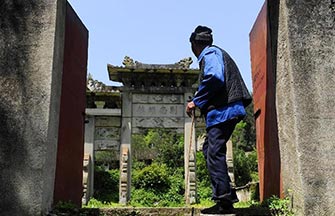'Lost' movie Kukan brings home horror of Japanese occupation
By Tan Yingzi ( China Daily ) Updated: 2015-08-18 07:40:27
Zhou Yong will always remember the day he signed an agreement to bring a long-lost 1941 Oscar-winning documentary to China for the first time. "It's the most complete record of the Japanese invasion of China by a Westerner. Every viewer will be deeply touched and shocked by the struggles ordinary Chinese people faced through-out the war," he said.
Kukan was officially classified as "lost" for almost 70 years, but a print was unearthed in 2009, and restoration work, which began in 2010, is still not finished. However, a VHS copy of the movie was finally screened in China in July at a seminar held in Chongqing, the country's wartime capital.
On April 3, Zhou, director of the Research Center for the Anti-Japanese War in the Unoccupied Area in Chongqing, signed an agreement with the family of the late Rey Scott, who shot and narrated the movie, to purchase the rights to screen Kukan for use by researchers and in public education.
The documentary, co-produced and sponsored between 1937 and 1940 by Li Ling-Ai, a Chinese-American playwright, is the only color film about life in occupied China. It records the struggles and sacrifices of the Chinese people during the early years of the War of Resistance against Japanese Aggression (1937-45).
Kukan means "hard working", a quality Li believed helped the Chinese people beat the Japanese occupiers. The movie caused a sensation when it premiered in New York on June 23, 1941, and was reviewed by media in the US and across the world, including The New York Times, the Chicago Daily Times, Time magazine and The Daily Telegraph in London. President Franklin D. Roosevelt saw it at a private screening at the White House, and the 85-minute movie-subtitled The Secret of Unconquerable China-was awarded an honorary Oscar by the US Academy of Motion Picture Arts and Sciences.
After the war, Kukan faded from view, and was officially classified as "lost" by the academy. There was no sighting of it until six years ago when Robin Lung, a Chinese-American movie producer, discovered a copy in the basement of a house belonging to one of Scott's descendents.
In April 2010, the academy started work to restore the 16mm print, and Lung is now in the final stages of making Finding Kukan, a documentary about the movie's rediscovery and its creators.
|
|
|
|
|
|
|
|
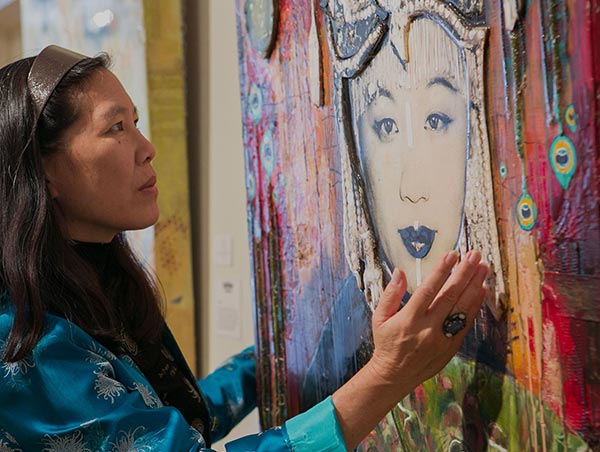



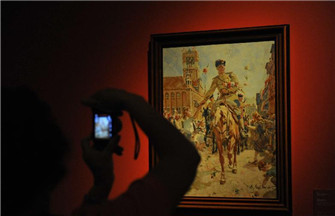



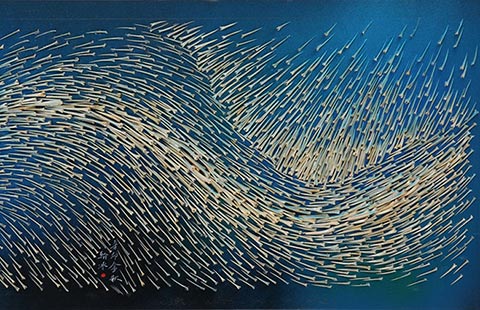










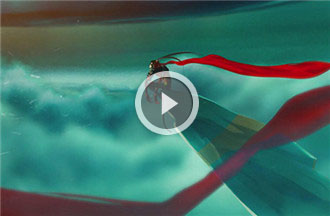

 Raymond Zhou:
Raymond Zhou: Pauline D Loh:
Pauline D Loh: Hot Pot
Hot Pot Eco China
Eco China China Dream
China Dream China Face
China Face





